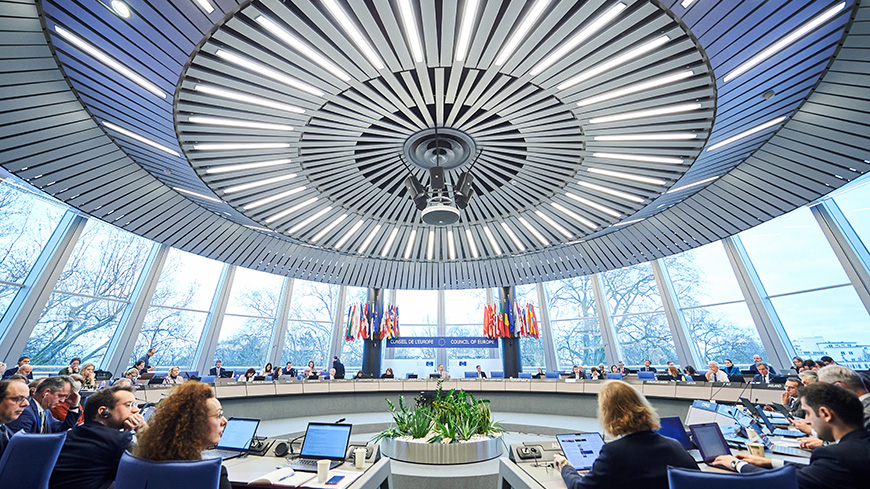Ahead of International Roma Day, the Committee of Ministers has adopted a Recommendation to the 46 Council of Europe member states to ensure equality for Roma and Traveller women and girls and address the specific vulnerabilities they face.
International Roma Day is a moment for us to celebrate Roma for their diversity and to appreciate and acknowledge their value and contribution to our society. We also acknowledge that Roma and Traveller women and girls are affected by antigypsyism, sexism and the resulting intersectional discrimination, which aggravates the inequalities they suffer. Many Roma and Traveller women and girls still live in dire conditions, and decisive action is needed to ensure effective equality.
These considerations were the driving force behind the development and adoption of a new instrument, with recommendations on how to overcome the structural obstacles that stand in the way of effective equality for Roma and Traveller women and girls. The Committee of Ministers’ Recommendation provides guidance for effective action in fields such as civil registration, protection from extreme poverty, avoiding the removal of Roma children from their families and placement in alternative care, housing, education, healthcare, employment and protection against violence and human trafficking.
The Recommendation calls on the member States to strengthen the capacities and empower Roma and Traveller women and girls. Member States should also improve participation of Roma and Traveller women and girls in political and public life, collect data, conduct research, and develop legal frameworks, strategies and action plans to implement those guidelines.
Ultimately, this instrument aims to ensure that all Roma and Traveller women and girls enjoy their human rights. Today, as we join Roma and Travellers throughout the world in celebrating International Roma Day, we look forward to the day when equality for all Roma, including women and girls, will be a reality.
* The term “Roma and Travellers” is used at the Council of Europe to encompass the wide diversity of the groups covered by the work of the Council of Europe in this field: on the one hand a) Roma, Sinti/Manush, Calé, Kaale, Romanichals, Boyash/Rudari; b) Balkan Egyptians (Egyptians and Ashkali); c) Eastern groups (Dom, Lom and Abdal); and, on the other hand, groups such as Travellers, Yenish, and the populations designated under the administrative term “Gens du voyage”, as well as persons who identify themselves as Gypsies. The present is an explanatory footnote, not a definition of Roma and/or Travellers.



